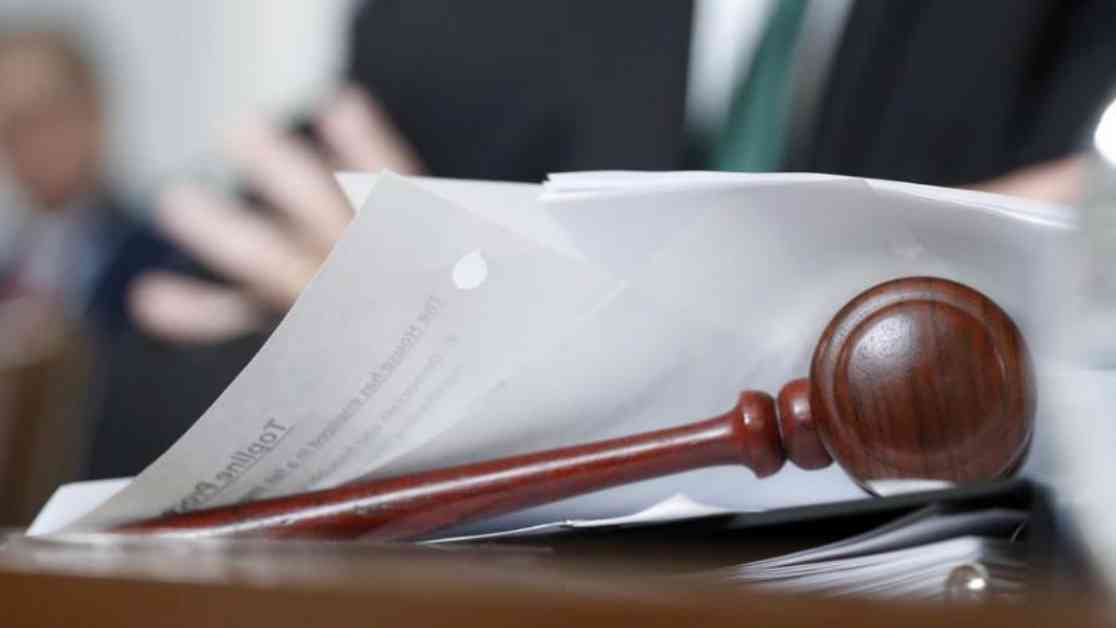Palu Judge Rejects Defendant’s Exception in Blasphemy Case, Ratu Entok
In a groundbreaking development, the panel of judges at the District Court (PN) in Medan, North Sumatra, has dismissed the exception filed by Irfan Satria Putra Lubis, also known as Ratu Thalisa or Ratu Entok (40), the defendant in a case involving hate speech on social media and religious defamation. The judges ruled that the exception presented by the defendant was legally unfounded, stating that it could not be accepted.
Expert Evaluation and Continuation of Trial
The judges further emphasized that the public prosecutor’s indictment from the North Sumatra Prosecutor’s Office was meticulous, clear, and comprehensive. Additionally, they deemed that the defendant’s exception had delved into the substantive matter of the case, necessitating further evidence. As a result, they ordered the public prosecutor to proceed with the case examination and suspended the trial costs until the final verdict was reached.
Following the reading of the interim decision, Chief Judge Achmad Ukayat adjourned the trial to Monday, January 13, 2025, for the continuation of proceedings and the examination of witnesses. He instructed the public prosecutor to summon witnesses for the upcoming trial to provide their testimonies.
Background of the Case
According to the indictment presented by the North Sumatra Prosecutor’s Office, the alleged religious blasphemy committed by the defendant, Ratu Entok, took place on Wednesday, October 2, 2024. During a live broadcast on her personal TikTok account, the defendant displayed an image of Jesus as the Lord of Christians, instructing followers to cut their hair to avoid resembling women.
In light of these actions, Ratu Entok stands accused of violating Article 45A paragraph (2) in conjunction with Article 28 paragraph (2) of Law No. 1 of 2024 concerning the Second Amendment to Law No. 11 of 2008 regarding Electronic Information and Transactions, as the primary alternative indictment. Additionally, the defendant faces charges of violating Article 156A of the Criminal Code concerning religious blasphemy as the secondary alternative indictment.
This case has sparked significant public interest and raised crucial questions regarding freedom of expression, religious tolerance, and the boundaries of online behavior. It serves as a poignant reminder of the legal and ethical responsibilities that accompany the use of social media platforms in today’s digital age.














